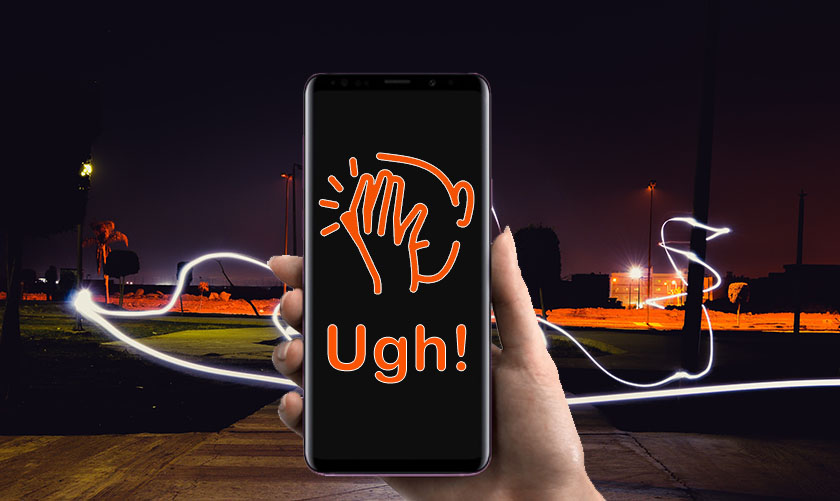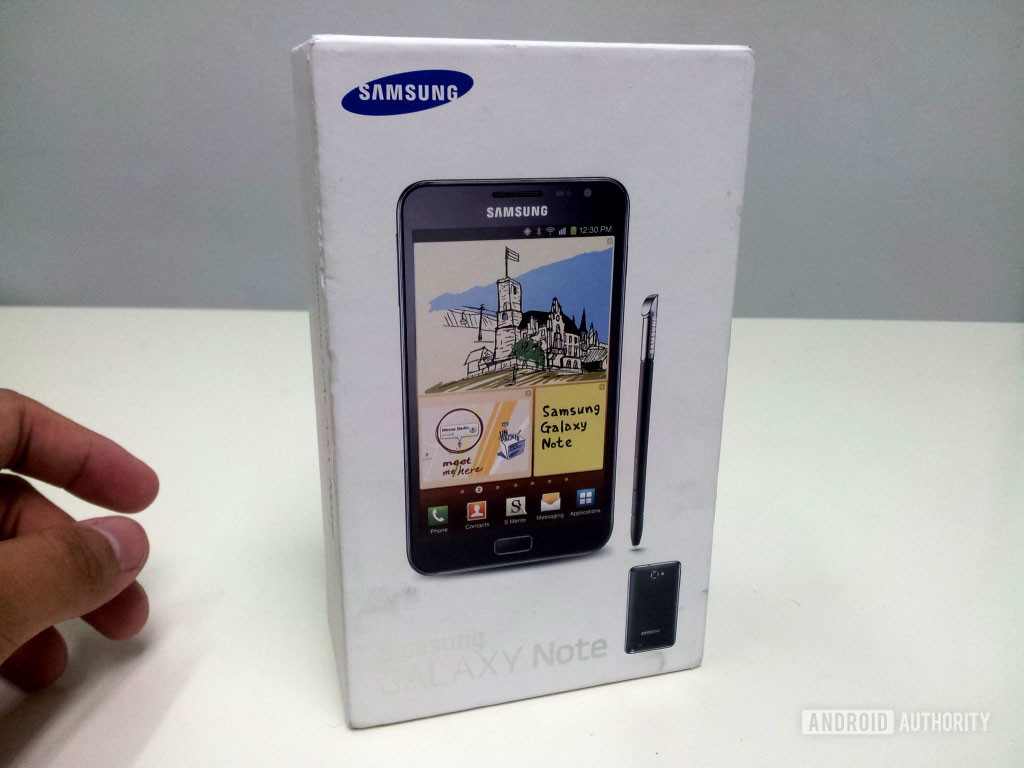
Samsung didn’t see Android’s potential in its early days. The tech giant had the opportunity to buy the operating system from Andy Rubin before Google did but decided to pass on the opportunity. Surprisingly, that may have been the right decision to make.
In his book titled Dogfight: How Apple and Google Went to War and Started a Revolution, Fred Vogelstein shared what happened in a meeting between the Android team and Samsung that took place in Seoul in late 2004. Andy Rubin pitched the idea of Android and the vision behind it to a room full of Samsung executives, and they didn’t like what they heard. They thought Android and Rubin’s plan to make it a mass-market product was a joke. That became apparent when, after a period of awkward silence that followed Rubin’s pitch, one of the execs said, “You and what army are going to go and create this? You have six people. Are you high?�
They laughed me out of the boardroom.
Recollecting the details of that meeting, Andy Rubin said, “They laughed me out of the boardroom.� However, it didn’t take long for him and his team to strike gold. A short while later, Google bought Android for $50 million and hired Rubin as its senior vice president of mobile and digital content.
In a surprising turn of events, Samsung execs apparently started thinking they may have made a mistake. One of them gave Rubin a call a day after Google acquired Android to ask if they can meet in person to discuss the “very, very interesting proposal� he gave to them during the meeting in Seoul a few weeks before. But at that point, it was already too late.
Things aren’t always what they seem

Android is the most popular mobile OS in the world, powering more than 2.5 billion active devices. More than 80 percent of all smartphones in use run Android. With that in mind, the logical assumption is that Samsung made a huge mistake by not buying Android when it had the chance. However, as the famous Athenian aristocrat named Phaedrus once said, “Things are not always what they seem.�
Google has done a fantastic job with developing and marketing Android. It was the search giant’s vision and hard work that changed the smartphone world and gave companies like Samsung the opportunity to increase sales. Up until Android become a big player, Nokia was the king of smartphones. Samsung managed to dethrone it back in 2012 mainly thanks to focusing on Android phones, while Nokia still believed Symbian was the future. Samsung has been on top of the smartphone world for around eight years now, and it has partly Google and Android to thank for that.
Just because Google made Android into a success story doesn’t mean Samsung would have done the same.
If Samsung would have bought Android, things may turn out completely different. Just because Google made Android into a success story doesn’t mean Samsung would have done the same. Perhaps Samsung would have only used Android on its own phones or license the OS to manufacturers for a fee — unlike Google who is giving it away for free. Both of these strategies would likely hinder the overall development of the operating system. Developers would be less keen on creating Android apps since there wouldn’t be as many Android phones in use. A smaller market means a smaller chance of making good money from apps and games.
This would have created an opportunity for other players in the market because Android wouldn’t have developed into the dominating force it is today. Microsoft could have made a bigger impact with its Windows Mobile platform, Symbian could have transformed into a more open OS, and other players might have entered the market with new solutions.
This is all speculation, of course. We don’t know exactly what would have happened if Samsung bought Android back in 2004, but it’s safe to say that the company wouldn’t have used the exact same strategy as Google. A few different decisions made along the way could mean that the smartphone market would be completely different today and that Samsung might not be the king of smartphones. From that perspective, what seems like Samsung’s biggest mistake to date just may be its biggest blessing.
This is the third post in our “Did you know� series, in which we dive into the Android history books to uncover important and interesting facts or events that have been forgotten over time. What do you want to see us cover next? Let us know in the comments.


